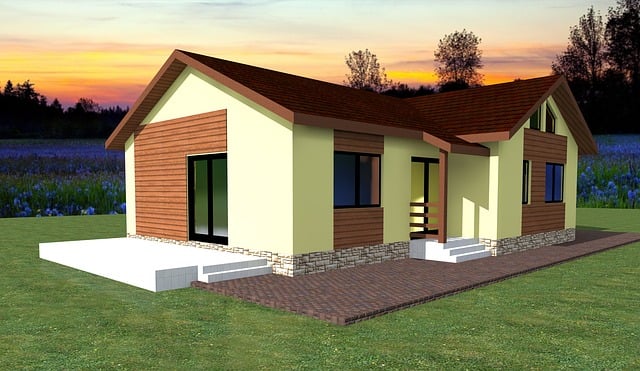Adopting modern technologies and data-driven strategies in real estate is transforming the industry. Streamlined management systems automate tasks, enhance tenant satisfaction through improved communication and faster issue resolution, and lead to quicker lease applications and maintenance turnaround times. Autonomous properties and smart environments are emerging, promising increased independence for residents and more efficient operations for property managers. Additionally, empowering tenants with resources and support for independent property management fosters a sense of ownership and boosts overall satisfaction, retaining clients in a competitive market.
In today’s dynamic real estate landscape, a paradigm shift is underway. Unlocking efficiency through streamlined management practices is transforming how we interact with our properties. The rise of autonomous properties offers a new era of self-sufficiency for tenants and reduced day-to-day oversight for owners.
This article explores these trends, delving into how technology and innovative approaches are empowering both parties, revolutionizing the traditional real estate model.
Unlocking Efficiency: Streamlining Real Estate Management

In the realm of real estate, unlocking efficiency through streamlined management is a game-changer. By implementing modern technologies and data-driven strategies, real estate professionals can enhance their operations significantly. Digital tools enable automated tasks, from rent tracking to maintenance requests, reducing manual effort and minimizing errors. This frees up time for property managers and agents to focus on core responsibilities, such as client interactions and strategic decision-making.
Streamlined management also enhances tenant satisfaction. Digital platforms facilitate easy communication channels, allowing quick issue resolution and transparent updates. Moreover, efficient processes lead to faster turnaround times for lease applications and maintenance tasks, creating a positive living experience for tenants. Ultimately, this improves the overall reputation of real estate businesses, attracting and retaining clients in today’s competitive market.
The Rise of Autonomous Properties: A New Paradigm

The real estate industry is witnessing a significant shift with the rise of autonomous properties, marking a new paradigm in property management. Traditional models often relied on extensive day-to-day oversight, but this evolving landscape offers a different approach. Autonomous properties leverage technology and smart systems to streamline operations, reduce the need for constant human intervention, and provide efficient, self-managed living environments.
This innovative concept allows residents to enjoy a more independent lifestyle while still benefiting from advanced security, energy management, and maintenance solutions. As technology advances, we can expect even greater automation in real estate, potentially transforming the way we live and interact with our surroundings, and redefining what it means to own or manage property.
Empowering Tenants: Fostering Self-Sufficiency

In the realm of real estate, a significant shift is occurring towards empowering tenants and fostering self-sufficiency. This approach recognizes that tenants are not merely passive recipients of housing but active participants in their living environments. By providing resources and support for tenants to manage their properties independently, landlords can achieve several benefits. Tenants who are encouraged to take on more responsibilities develop a sense of ownership, leading to better property maintenance and increased satisfaction.
This model of day-to-day oversight involves offering educational programs, regular check-ins, and accessible tools tailored to tenant needs. For example, workshops on basic home repairs or financial management can equip tenants with valuable skills. Regular meetings can serve as a platform for addressing concerns, sharing best practices, and building a sense of community. Landlords who invest in these initiatives not only improve tenant retention but also create a more harmonious living environment, ultimately enhancing the overall real estate experience.






